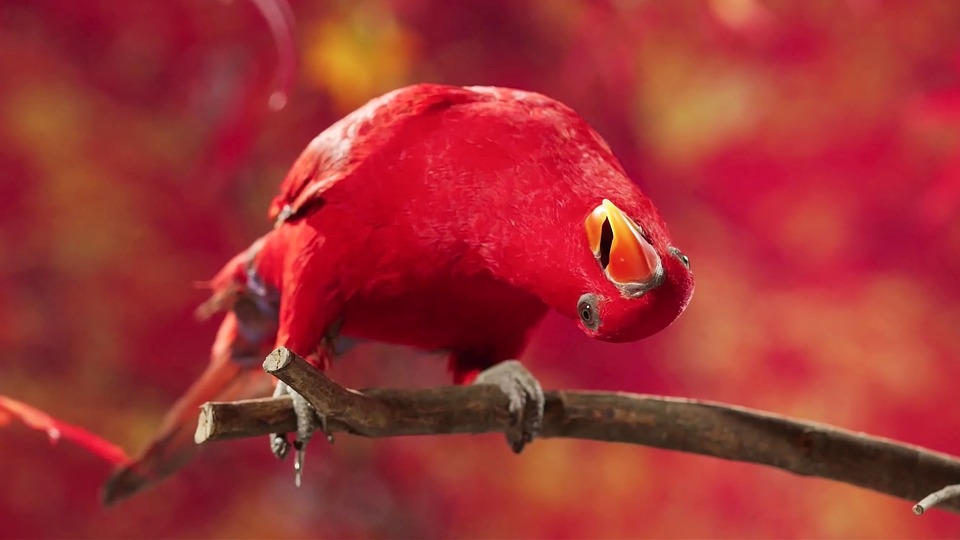Title: Discouraging Parrots from Excessive Possession: A Guide to Healthy Behavior
Introduction:
Parrots are known for their intelligence and playful nature, which often leads to possessive behavior. Excessive possession of toys or food can lead to behavioral issues and potential health problems. In this article, we will discuss effective strategies to discourage parrots from excessive possession while promoting their well-being. Additionally, we will address some frequently asked questions related to parrot behavior.
I. Understanding Parrot Possessiveness
Parrot possessiveness: Causes and consequences
The importance of discouraging excessive possession
II. Promoting Healthy Parrot Behavior
1. Provide an enriched environment:
– Rotate toys and introduce variety
– Incorporate foraging activities and puzzles
2. Encourage social interaction:
– Regular playtime and training sessions
– Allow interaction with other parrots or animals (if suitable)
3. Establish a feeding routine:
– Regular mealtimes and portion control
– Offer a balanced diet with a variety of fresh foods
4. Positive reinforcement training:
– Reward desired behaviors with treats or praise
– Use clicker training to reinforce non-possessive behavior
5. Set boundaries and establish rules:
– Teach the “leave it” and “drop it” commands
– Encourage positive interaction with toys, rather than possessiveness
III. Addressing Excessive Possession
1. Identify triggers and provide alternatives:
– Determine what triggers possessive behavior
– Offer alternative activities or toys to redirect their attention
2. Gradual desensitization:
– Introduce the desired behavior gradually
– Reward calm and non-possessive behavior
3. Seek professional help if needed:
– Consult an avian behaviorist or veterinarian for guidance
– They can provide tailored advice based on your parrot’s specific needs
FAQs (Frequently Asked Questions)
1. How can I tell if my parrot’s possessive behavior is excessive?
2. Can possessiveness be a sign of underlying health issues?
3. Are there specific breeds of parrots more prone to possessive behavior?
4. Is it possible to completely eliminate possessiveness in parrots?
5. What are the potential risks of allowing excessive possession?
Conclusion:
Discouraging parrots from excessive possession is crucial for their overall well-being and to prevent behavioral issues. By providing a stimulating environment, encouraging social interaction, and establishing boundaries, you can help your parrot develop healthy behaviors. Remember, patience and consistency are key when modifying their possessive tendencies. If you encounter difficulties, don’t hesitate to seek professional advice. Creating a harmonious balance between your parrot’s playfulness and healthy behavior is essential for their happiness and your peace of mind.









